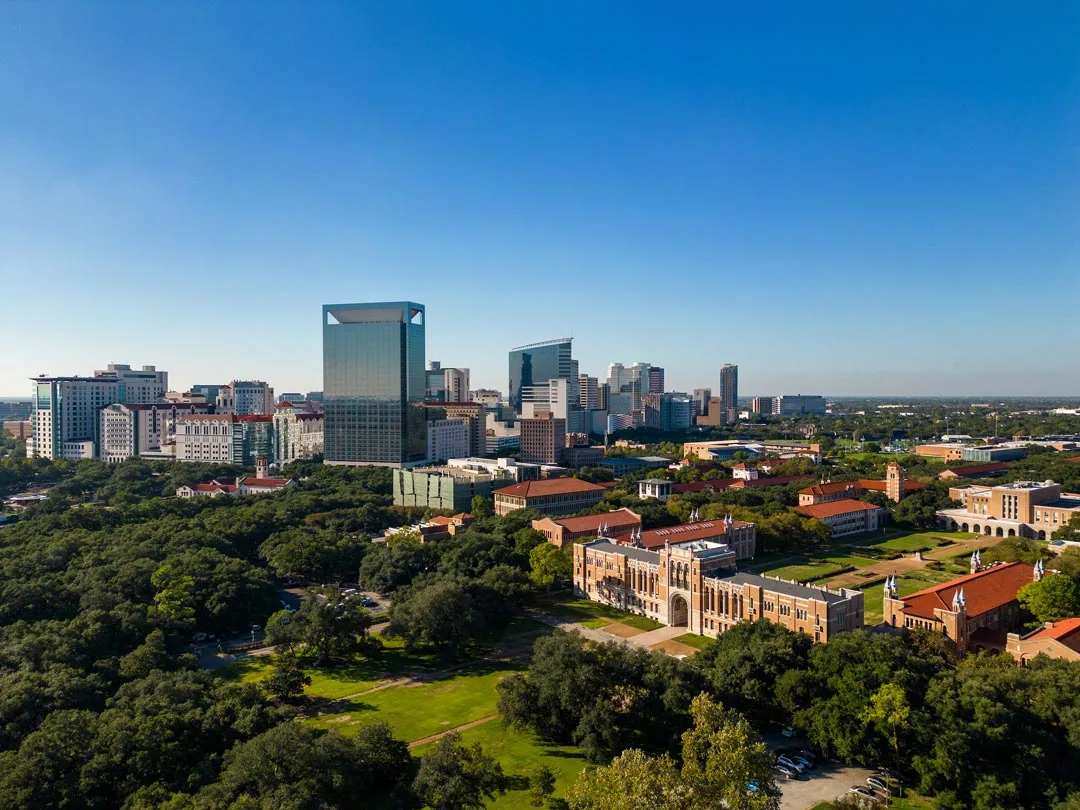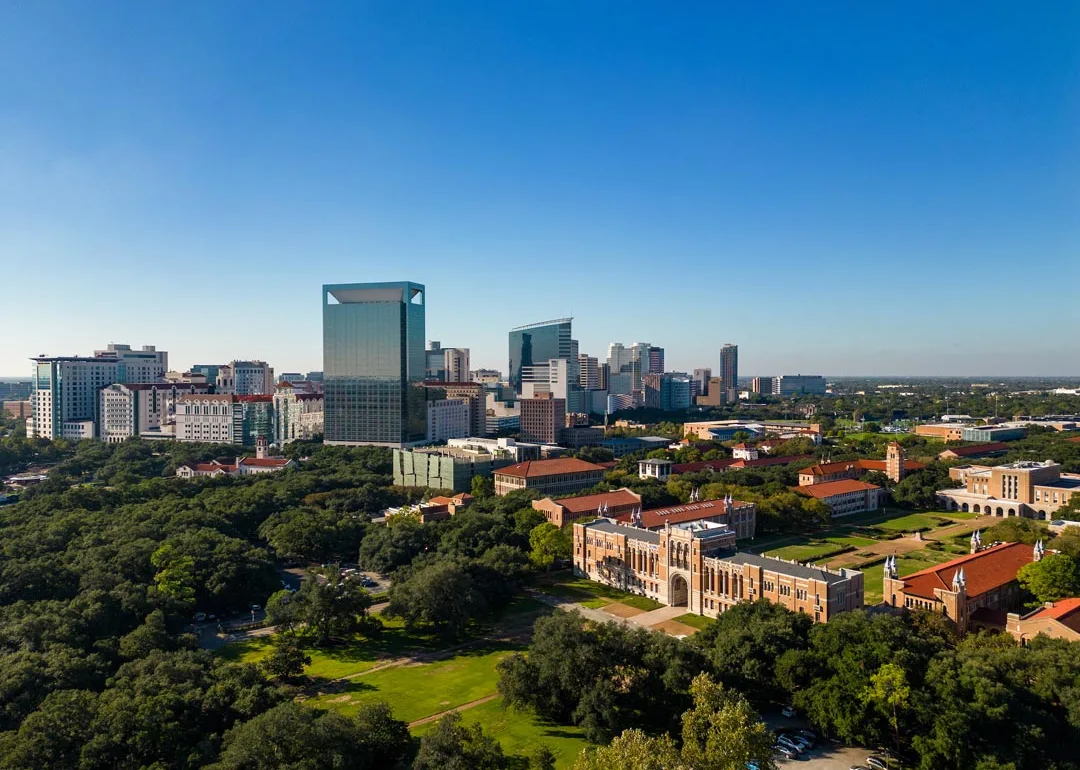
Rice University will host the first meeting of the Third Coast Central America Collaborative, a group of scholars and students from the Gulf Coast region that aims to create a network of committed students and scholars of Guatemala, Nicaragua, El Salvador, Belize, Panama, Costa Rica, Honduras and the Central American immigrant communities in the United States, Oct. 20–21.
The first meeting of its kind, the two-day event will bring scholars from universities across Texas and beyond. Future events will take place annually at other institutions in the region. To see the full schedule, click here .
Sophie Esch, associate professor of Mexican and Central American literature and culture and director of the Initiative for the Study of Latinx America at Rice, organized the conference. Sarita Palacio and Cynthia Díaz, two Rice undergraduate students majoring in Latin American and Latinx Studies, assisted.
“Central America is a region that tends to be very overlooked,” Esch said. “It’s very close to the United States, and it’s intimately linked with the history of the United States, but again and again, students tell me, ‘I’m so surprised we haven’t learned about this in our high school classes.’
“A lot of the key institutions for Latin American studies are in the South, and I want Rice to be a part of that conversation.”
Centering Central American voices
The keynote speaker, Douglas Oviedo , a youth pastor who faced death threats from gangs in Honduras, walked with the 2018 migrant caravan and later helped migrants build their own shelter in Tijuana. In 2019, he was granted asylum and now lives and works in Houston.
Presentations will be in English and Spanish; if the title is in Spanish, the presentation will be given in Spanish. Other presentations will explore Central American environmental humanities; reckoning with history; and transnational Black activism and indigenous art, religion and politics. The meeting includes book presentations and a literary salon, featuring the bilingual translation of Salvadoran poet Elena Salamanca’s work, “Landmoder.”
Esch and Tatiana Argüello, associate professor at Texas Christian University, will give the first book presentation on the soon-to-be-published “Central American Literatures as World Literatures” edited by Esch. The book includes an essay by Argüello on Nicaraguan poet Carl Rigby .
For the second book presentation, University of North Texas Associate Professor Jennifer Gómez Menjívar will discuss her book, “Black in Print: Plotting the Coordinates of Blackness in Central America.”
Undergraduate scholarship on display
Undergraduate students Joselyn Lwigale, Anadaysi Lopez, Brendan Frizzell and Quinn Healy from Esch’s Understanding Central America course will present research posters Saturday afternoon. Joseph Flores, a 2023 Rice graduate and honors student, will return to present his research on African American solidarity with Nicaragua.
Frizzell, who is a Mellon Mays Undergraduate Fellow, welcomes the opportunity to sharpen his presentation skills and present humanities research for the first time. “The humanities can build understanding and empathy,” Frizzell said. “It’s important to know the role the U.S. played in Central America to better understand why the region faces a variety of problems, especially within the indigenous communities. Many of these issues contribute to why many Central Americans migrate to the U.S., and understanding this history is crucial to better empathizing with them.”
Lwigale, a sophomore, is working on a presentation on the social and political effects of La Mantanza, the mass killing of Indigenous people in El Salvador. “This is the first time I have engaged with this historical material, so it will be a great opportunity to be surrounded by scholars who focus on various Central American topics,” Lwigale said. “I’ve learned a lot about the concept of power, and how Central Americans have and are actively reclaiming sovereignty over their land, governments and societies.”
Flores’ paper covers the Black and Latinx activists in the U.S. during the 1980s who used the Central American Solidarity Movement as a platform to oppose U.S. intervention in the region and to denounce racism, labor exploitation, and state-sanctioned violence in the U.S. and abroad.
“Listening to them and speaking to them one-on-one will be invaluable to my scholarly and professional development,” Flores said. “I’ve learned so much through my history professors at Rice, such as James Sidbury and Laura Correa Ochoa ,” Flores said. “I have found that feedback and mentorship is what leads to growth and improvement.”
The meeting is sponsored by Rice’s Humanities Research Center, Department of Modern and Classical Literatures and Cultures, Office of the Provost, Center for Environmental Studies and Office of the Dean of Humanities.


